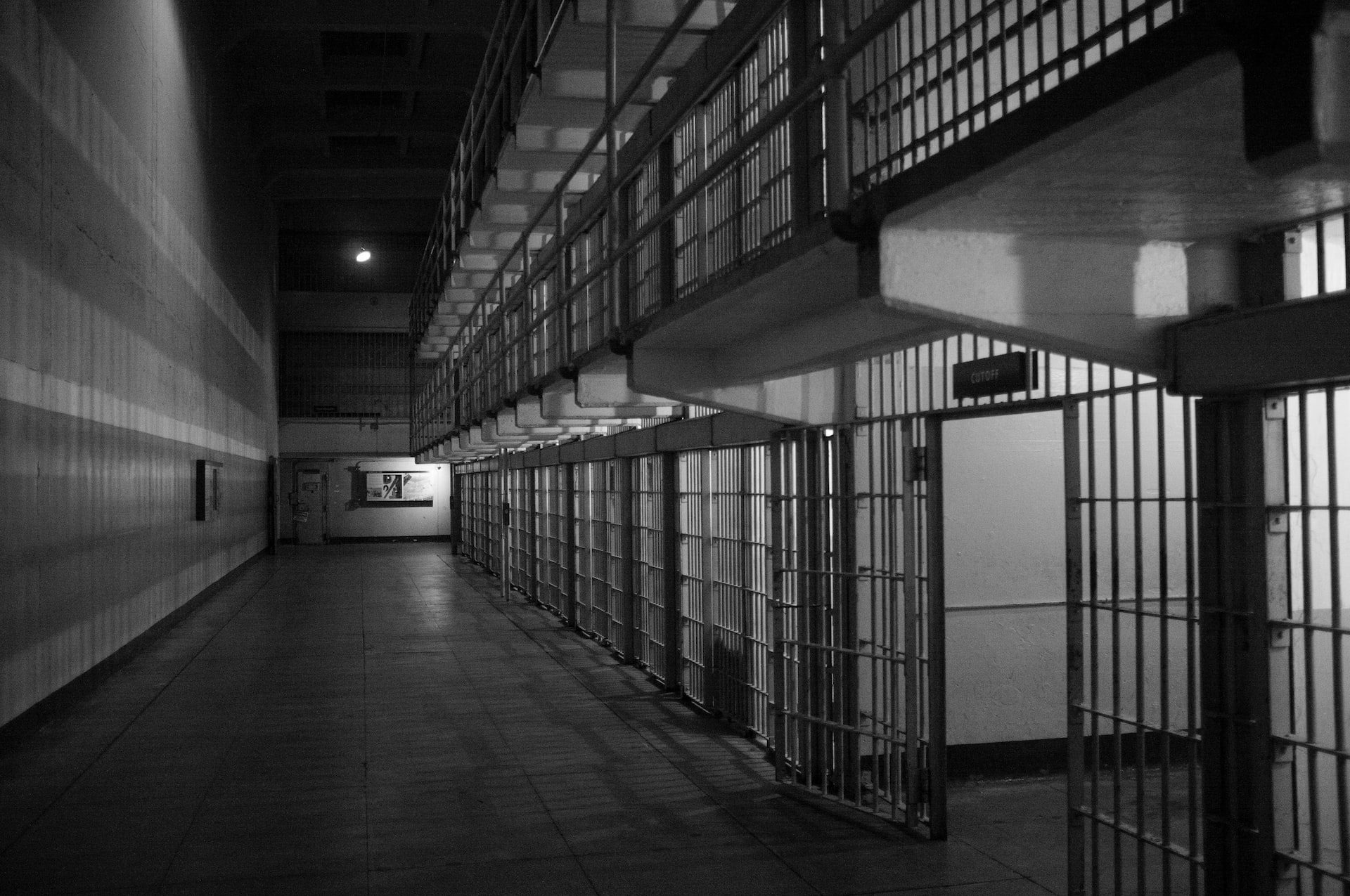Drug Rehab: A Preferable Alternative to Jail Time
Most drugs remain illegal in America today. Cocaine and methamphetamine are two drugs that are illegal. Marijuana and prescription amphetamines, on the other hand, are legal in many circumstances. However, a person can become addicted to all drugs. It falls on the legal system to handle cases related to illegal drug use today.
Legal Problems Related to Drugs
Individuals who sell illegal drugs will automatically go before a judge. Authorities consider distributing illegal drugs to be a serious offense. Nevertheless, men and women who buy, possess, or use drugs may also find themselves in legal trouble.
The charges a person faces depend on several factors. Authorities look at the drugs involved, the amount the person has, the jurisdiction, and whether the person has previous drug charges. When a person appears in court, the judge determines whether they get community service, a fine, or go to jail. Another option today is drug addiction treatment, and many courts prefer this option over other forms of punishment.
Why Does Treatment Serve as the Best Option?
Jails are not designed to treat individuals struggling with substance abuse issues. Prisoners have little access to medical care and often detox without medical support. In fact, the American Public Health Association reports only 11% of addicts get any treatment while they are in jail. When they are released, they often end up back in jail due to the lack of treatment.
The Benefits of Drug Rehab
Addicts who serve jail time often become trapped in a cycle. They rarely overcome their addiction while behind bars. Court-ordered treatment programs, in contrast, help these individuals overcome their addictions and start on the path to a better life. These treatment programs have the resources needed to help people on the road to sobriety.
Sadly, individuals who go to jail often learn new methods of not getting caught when they use drugs. While certain correctional facilities offer treatment programs, they lack the resources seen in dedicated treatment facilities.
Furthermore, drug addicts who go to jail often struggle to find work when upon their release. They have a criminal record that deters many employers from hiring them. By offering first-time offenders the opportunity to take part in a drug treatment program, the court system helps them secure a better future upon completion of the program.
Treatment centers also help patients transition back into the world. The addict is leaving a controlled environment where they have no access to drugs and returning to a world where drugs are easily accessible. Patients have case managers to help them navigate everyday life once they complete the program successfully.
Drug treatment programs provide participants with life skills that will benefit them in all areas of life. This is not something an addict receives when they are in jail. The time an offender spends in the drug rehab program helps them establish a solid foundation for the future. They learn how to live sober so they can support themselves and their loved ones.
Overcoming an addiction is not easy. If it was, treatment facilities would go out of business quickly. Until researchers find a way to help people avoid addiction, these centers play a vital role in recovery for those who are addicted. Jail is not conducive to this, so legal authorities need to offer the option of drug addiction treatment whenever possible. Doing so benefits society as a whole.

